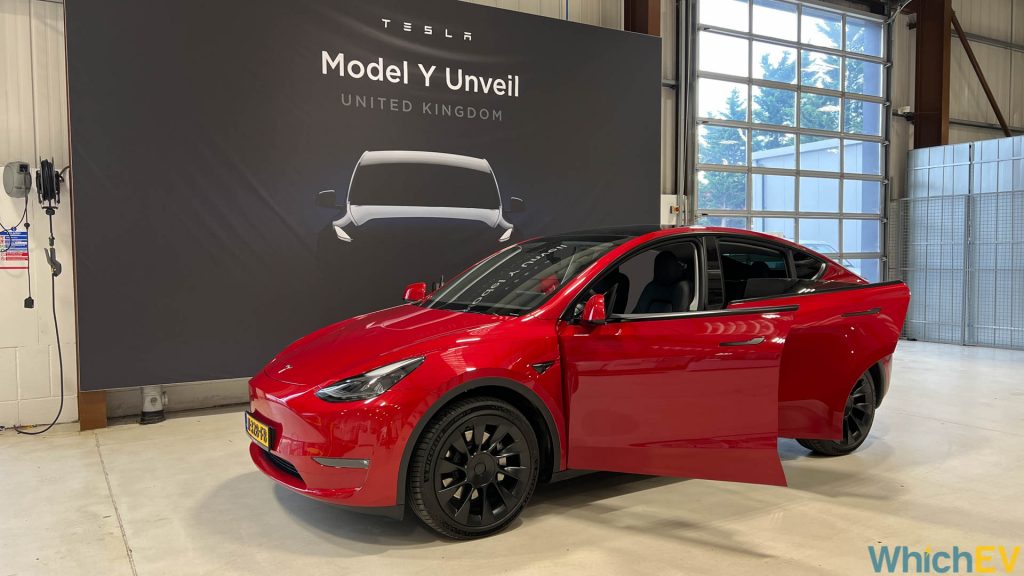The UK BEV market took its largest share ever recorded in a single month in March 2022, according to the Society of Motor Manufacturers and Traders (SMMT).
A total of 39,315 new BEVs joined UK roads last month, taking a 16.1% market share – an increase of 78.7% compared to March 2021.
This means more BEVs were registered in March 2022 than during the entirety of 2019.
PHEVs declined by 7.5% to 16,037 units, but HEVs grew to 27,737 units, up 28.4%.
EVs therefore made up more than a third (34.1%) of all new car registrations in the month of March.
Broken down by model, the Tesla Model Y became the bestselling car in the UK in March after 6,464 models left dealerships.
The Tesla Model 3 came a close second with 6,457 units sold, while the Vauxhall Corsa ICE vehicle came third with 5,515 new registrations.
This year-to-date, the Tesla Model Y and 3 are ranked in 6th and 7th place respectively for bestselling cars in the UK.
However, while the EV sector is booming, the total number of new car registrations declined by 14.3% to 243,479 units.
This made March 2022 the weakest March since 1998. In Q1 of this year overall, registrations were also down 1.9%.
The SMMT said that ongoing supply chain shortages, especially of semiconductors, is continuing to squeeze supply despite manufacturers reporting robust order books.
“March is typically the biggest month of the year for the new car market, so this performance is deeply disappointing and lays bare the challenges ahead,” said Mike Hawes, SMMT’s chief executive.
“While demand remains robust, this decline illustrates the severity of the global semiconductor shortage, as manufacturers strive to deliver the latest, lowest emission vehicles to eagerly awaiting customers.
“Placing orders now will be beneficial for those looking to take advantage of incentives and lower running costs for electric vehicles, especially as the Ukraine crisis could affect supply still further. With increasing household and business costs, government must do all it can to support consumers so that the growth of electric vehicles can be sustained and the UK’s ambitious net zero timetable delivered.”
